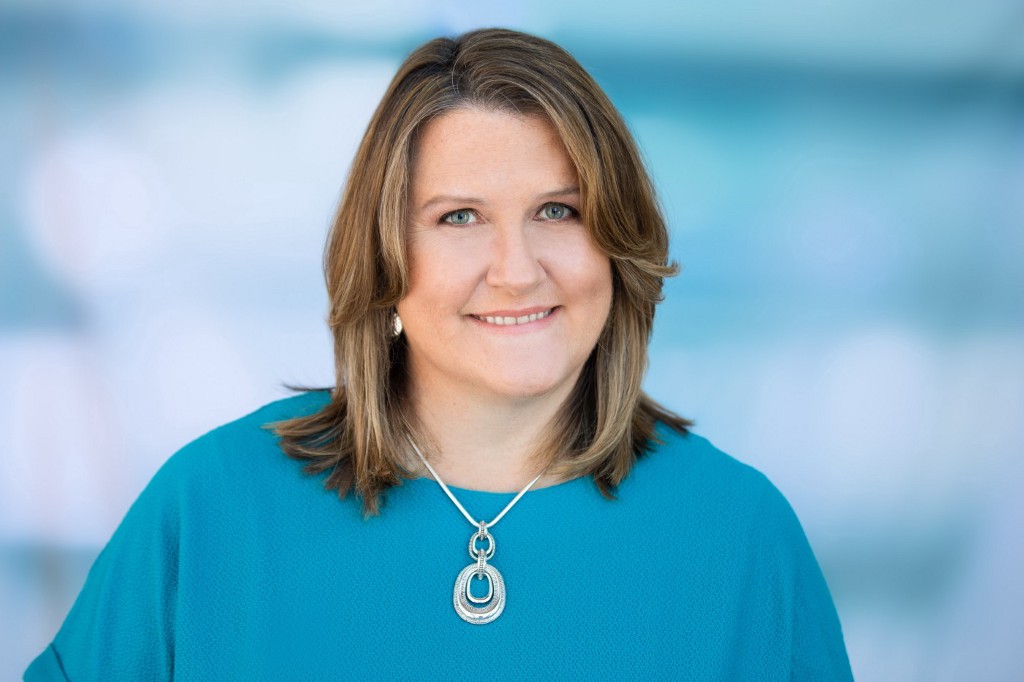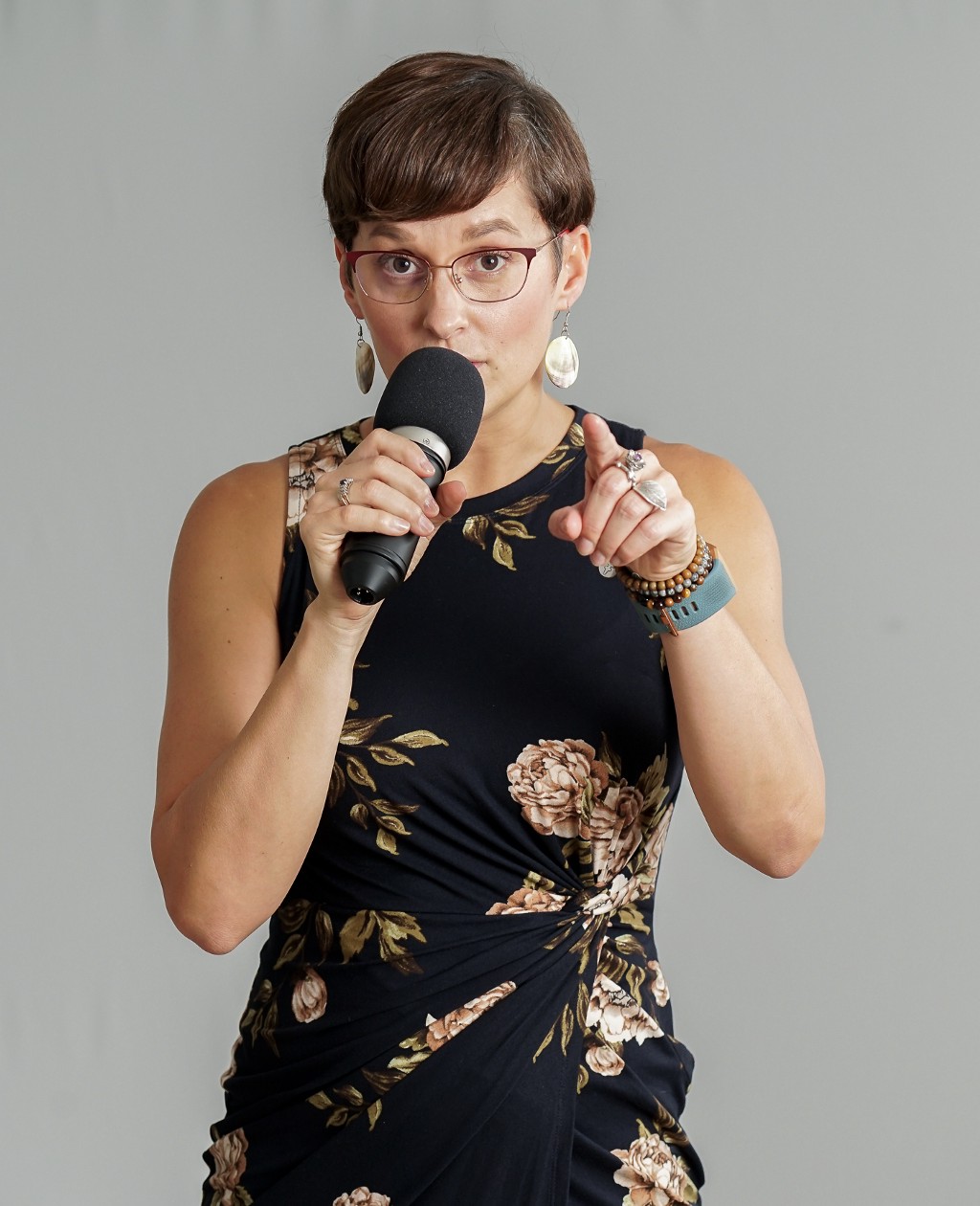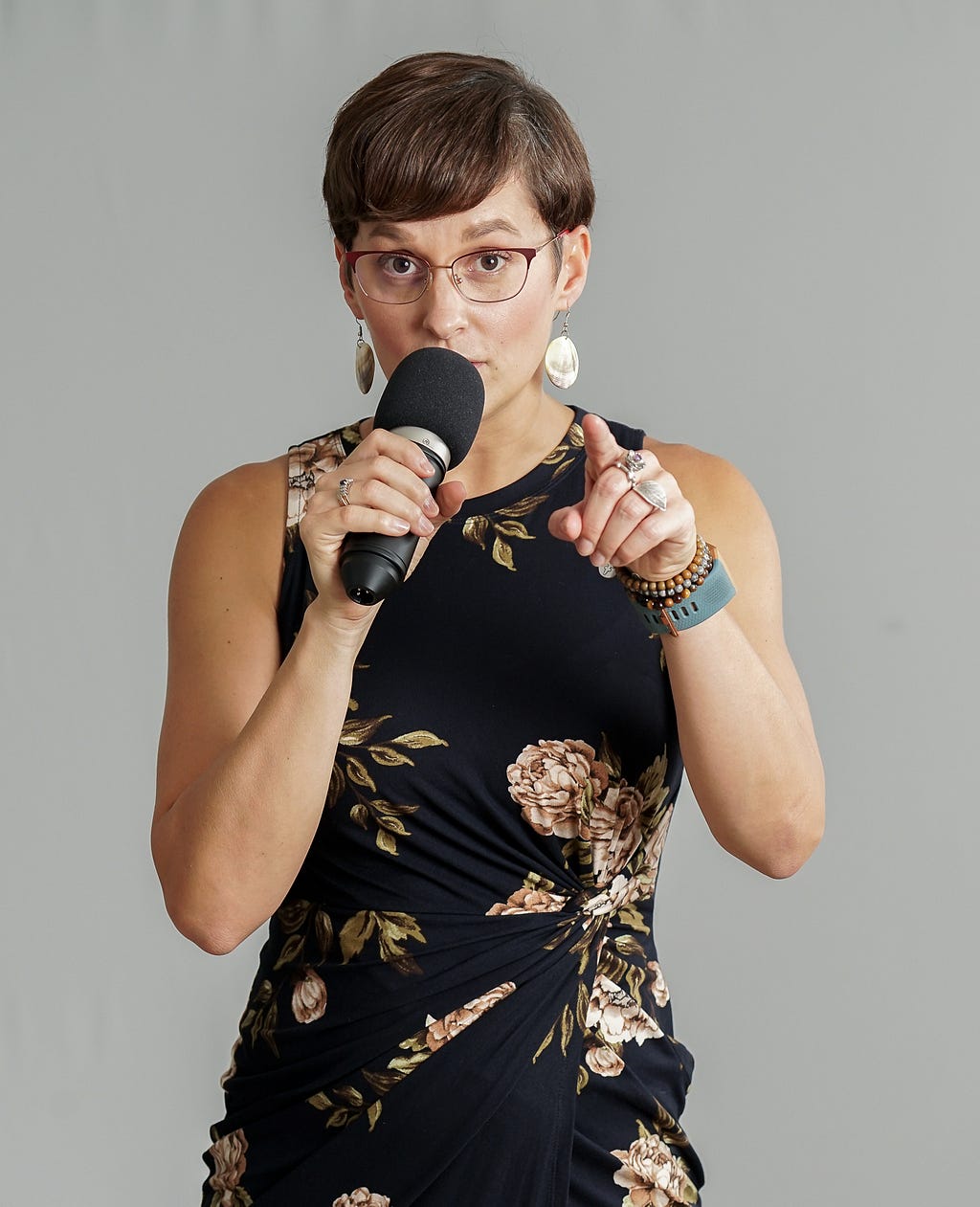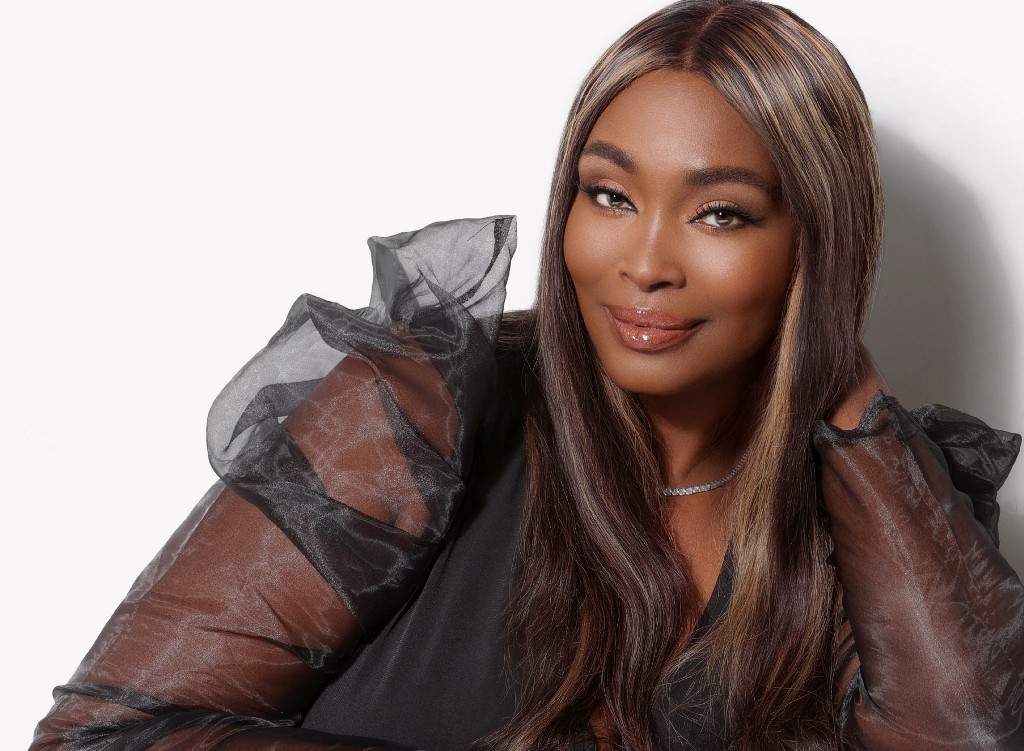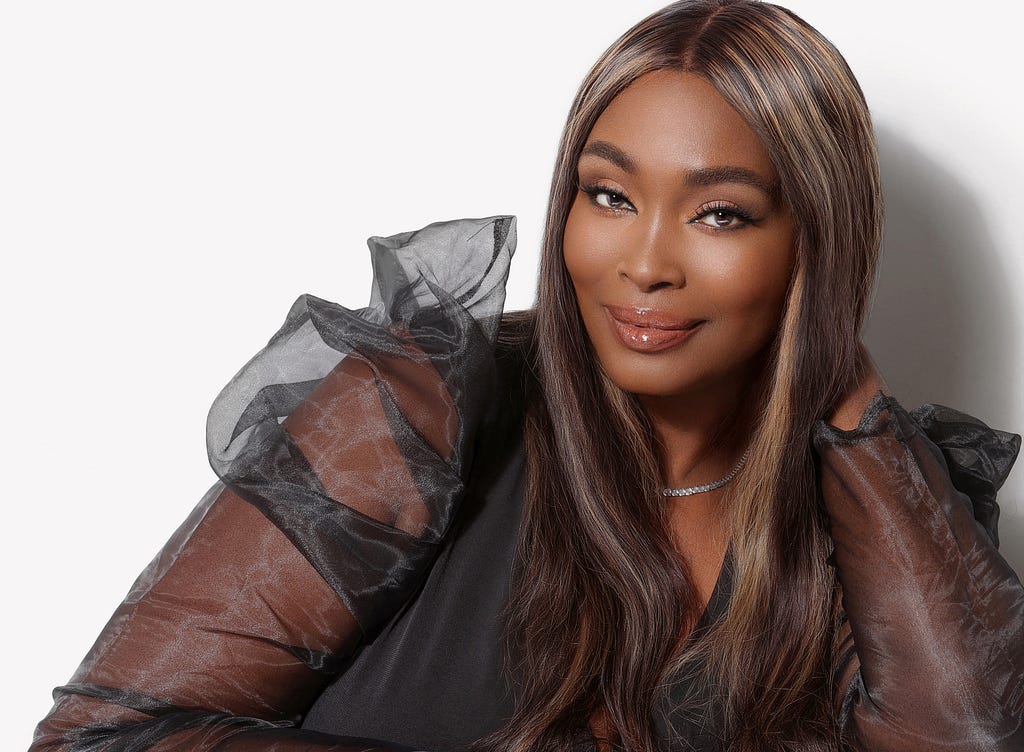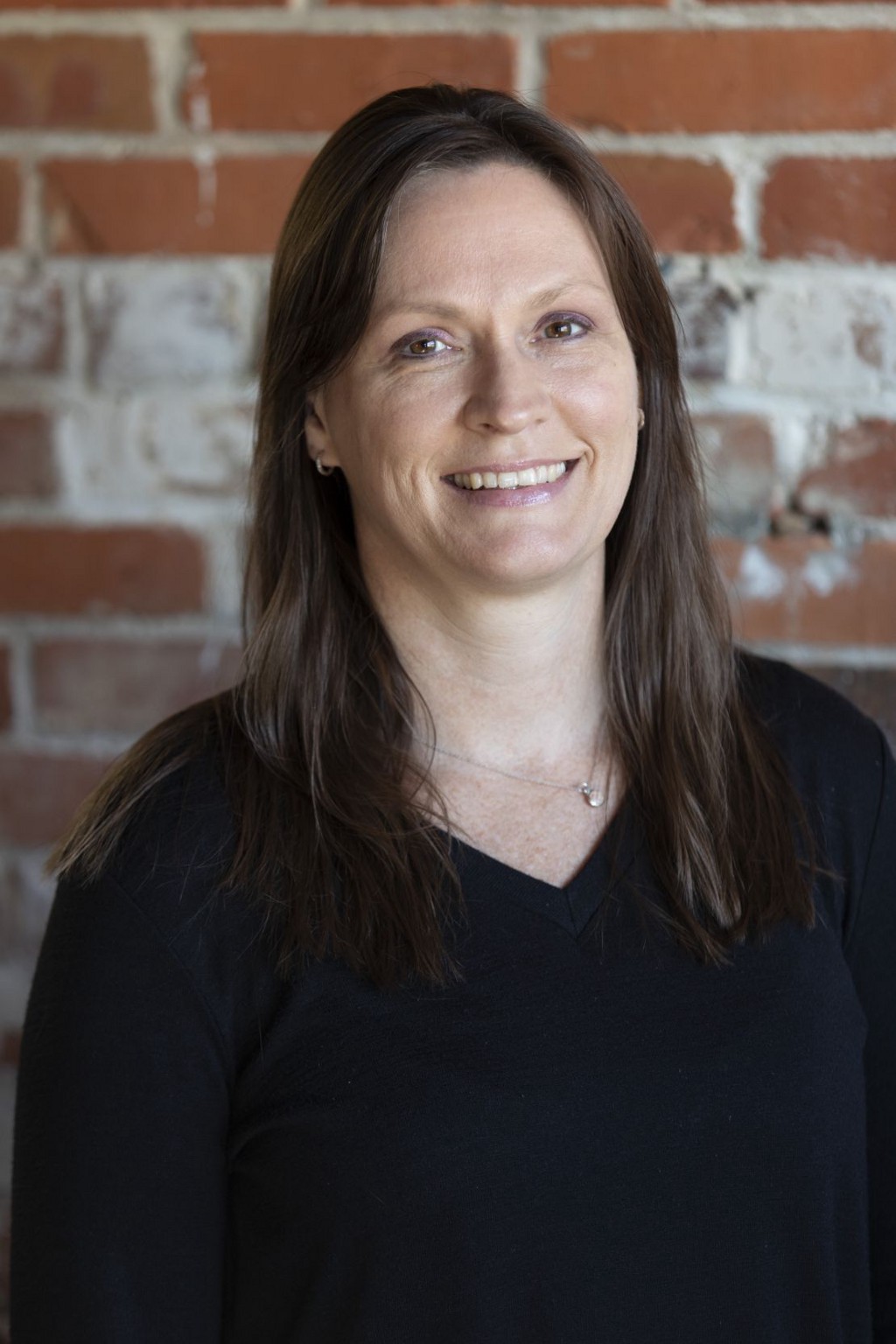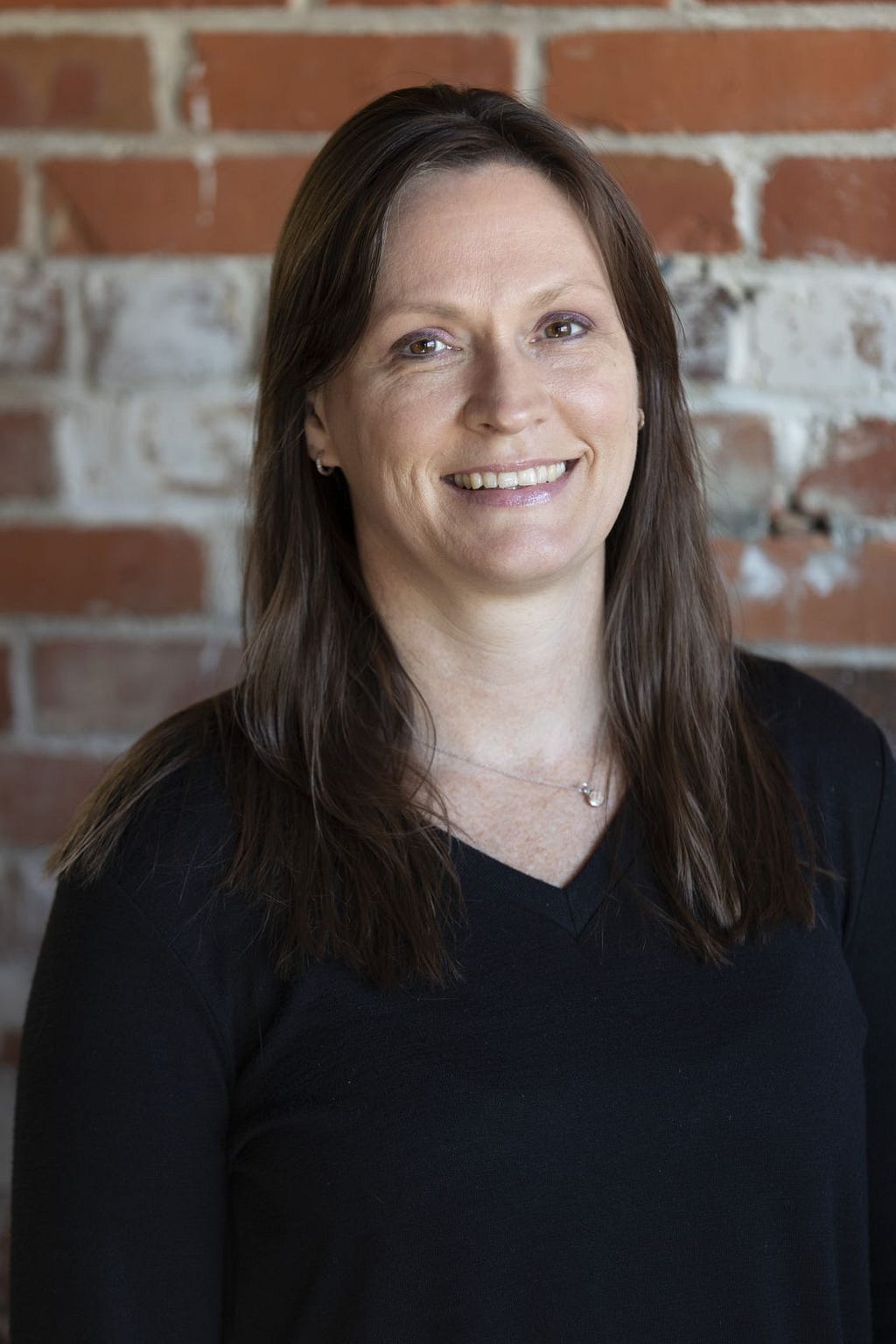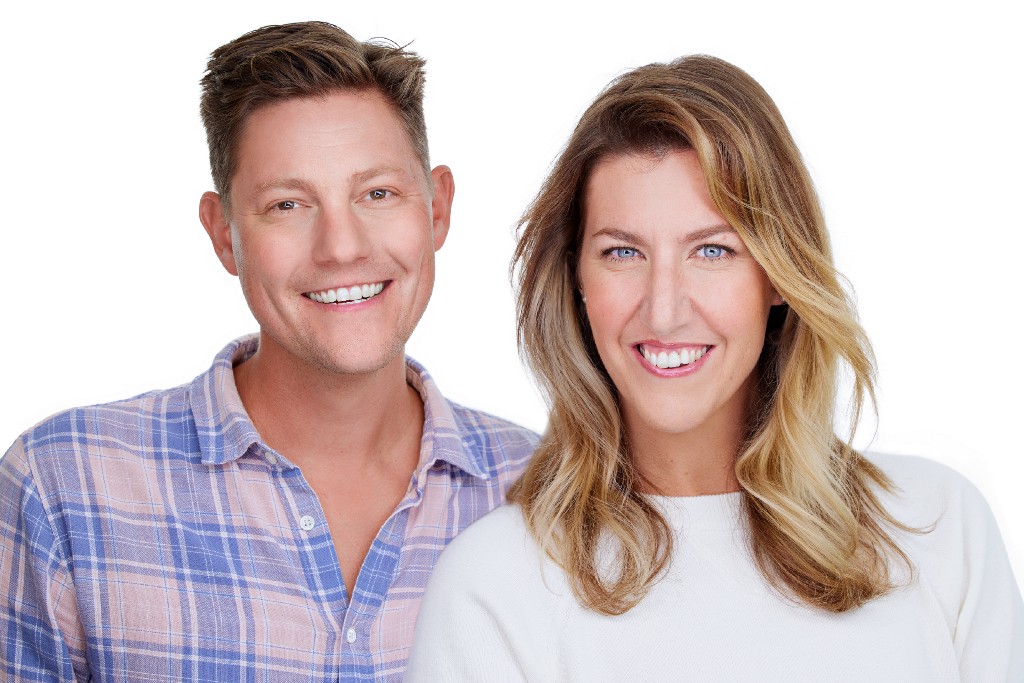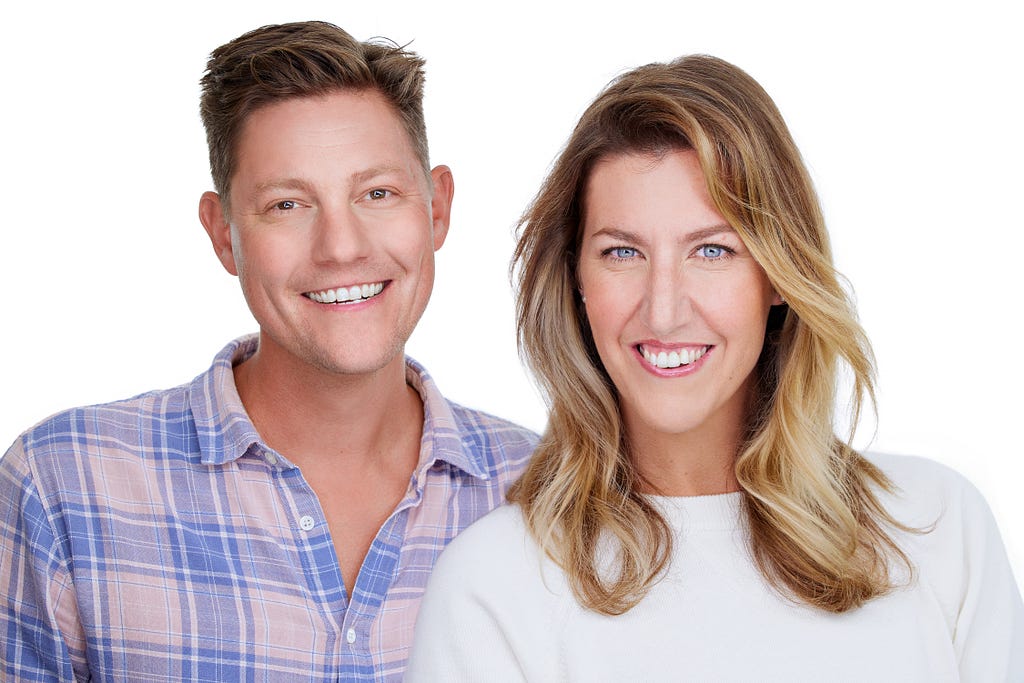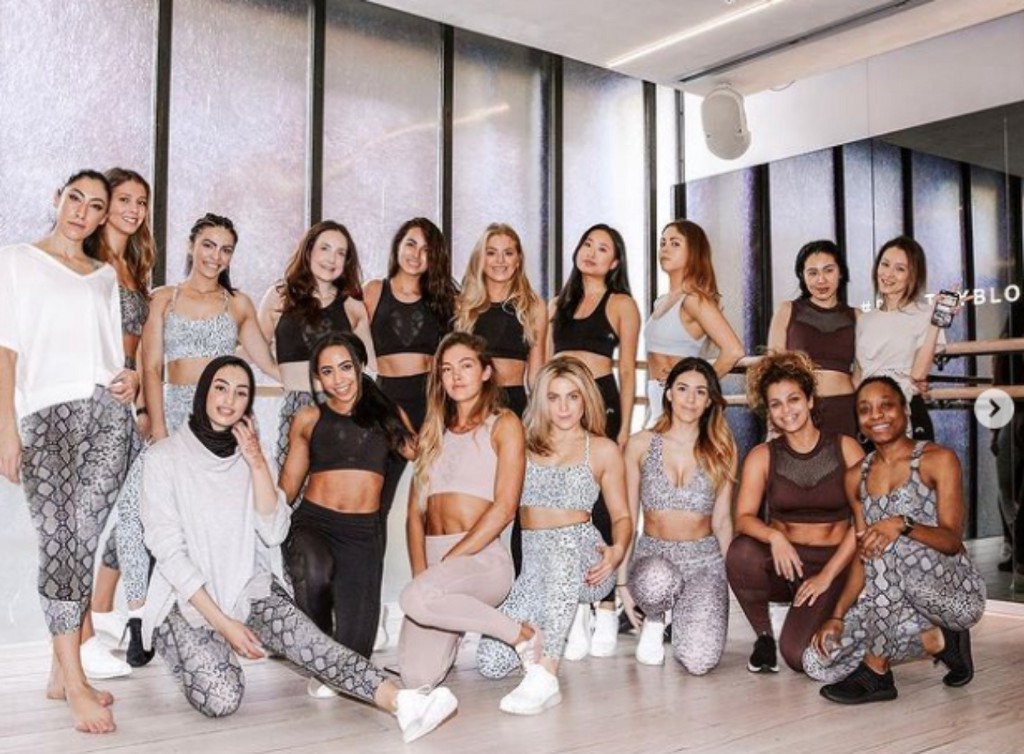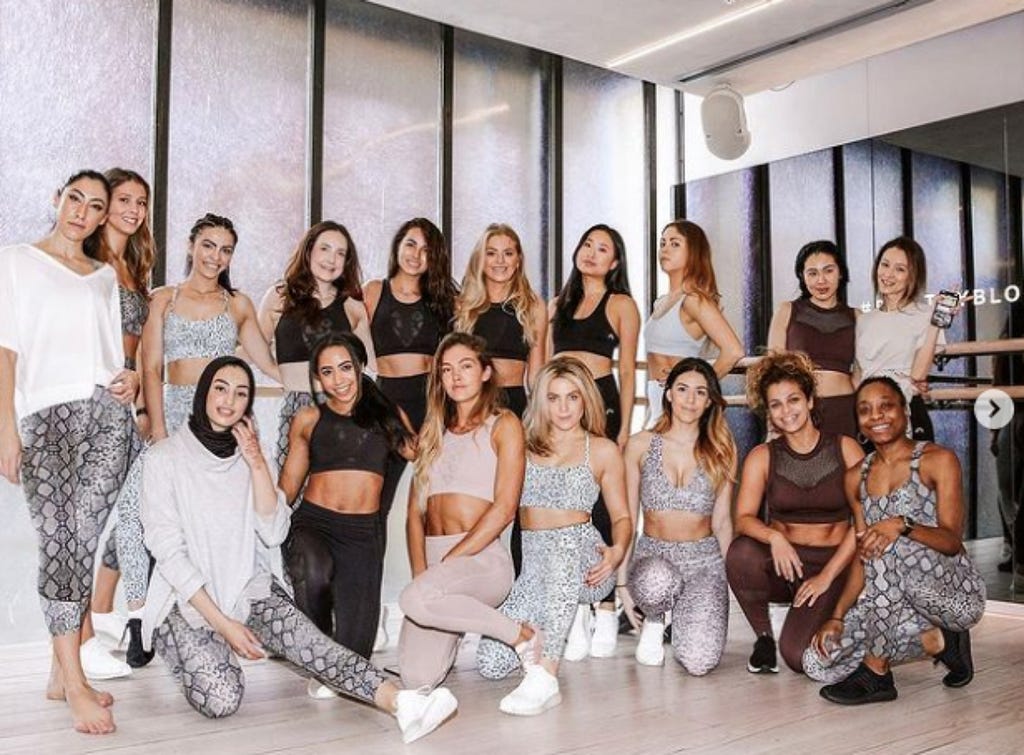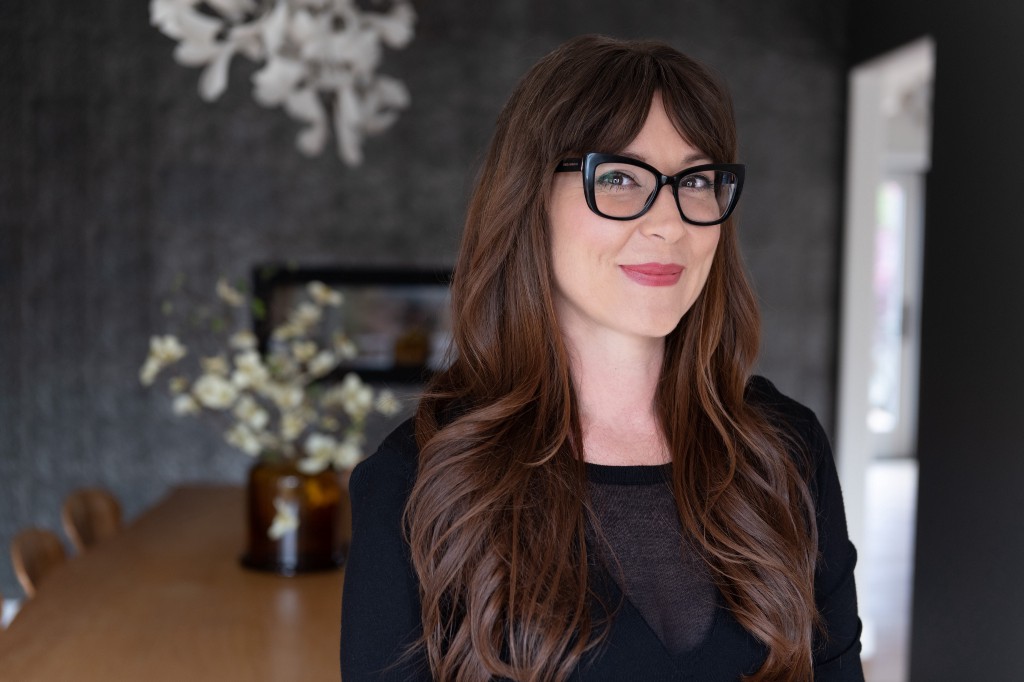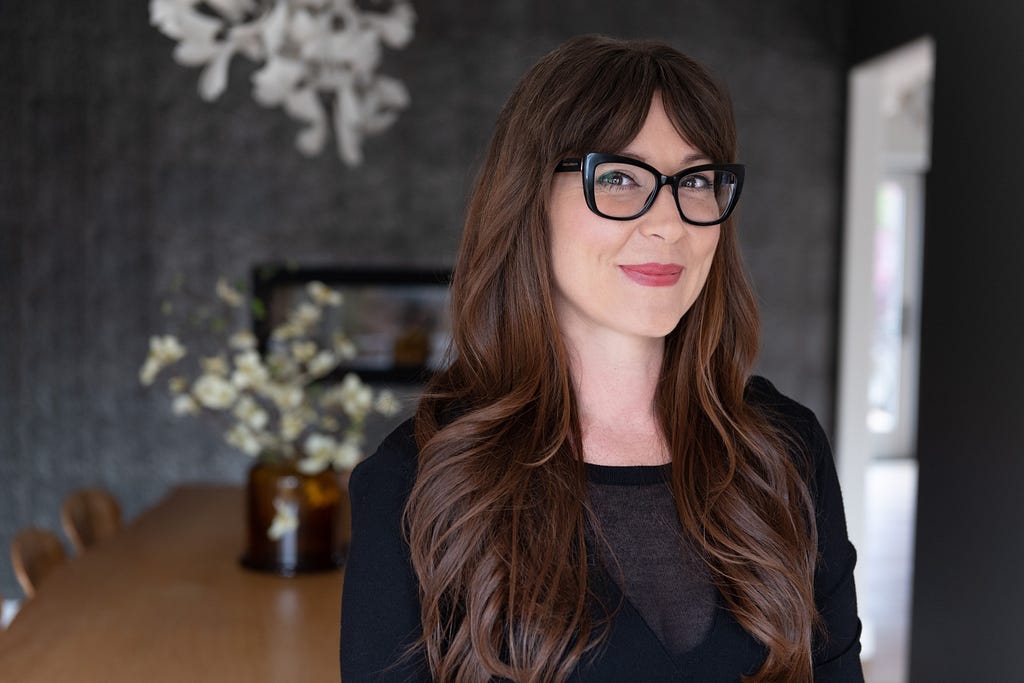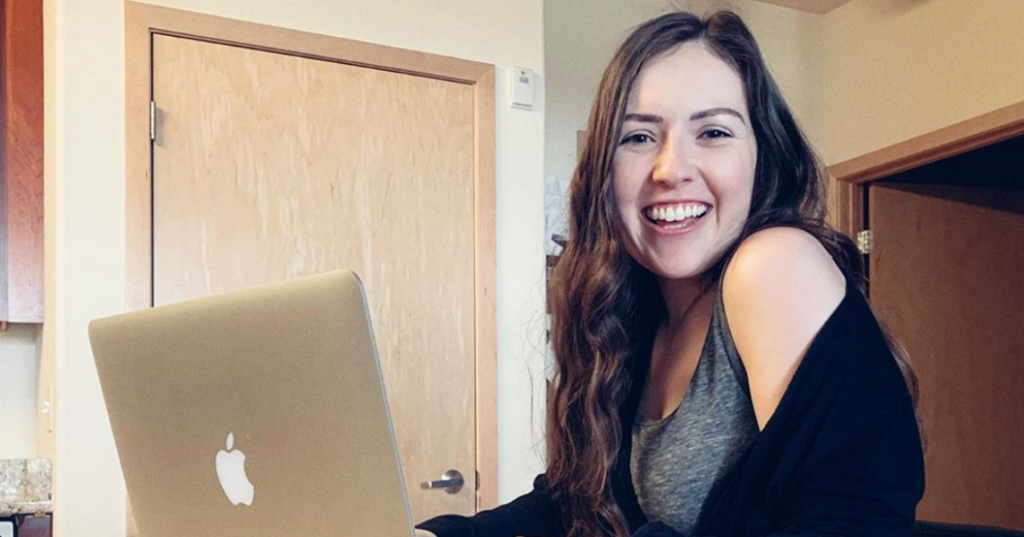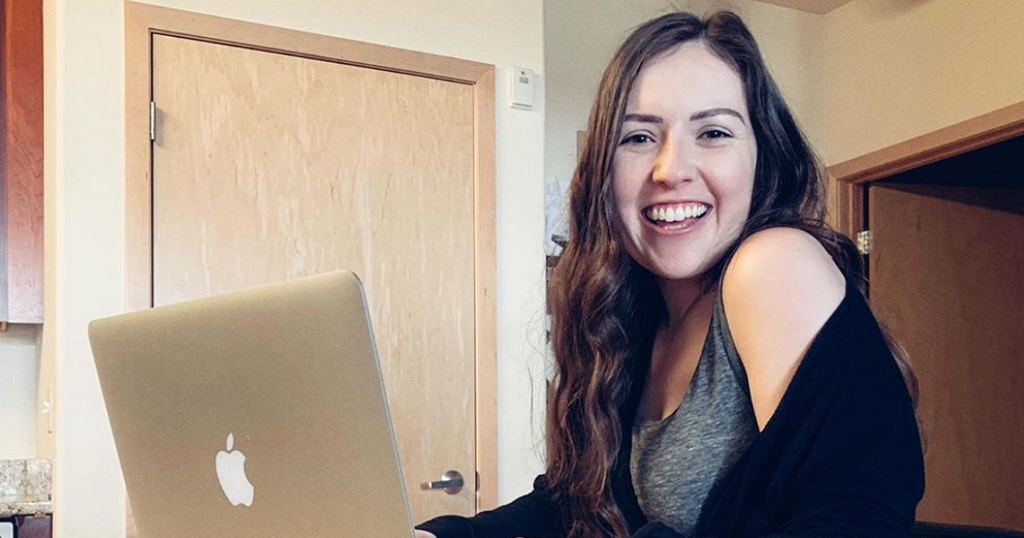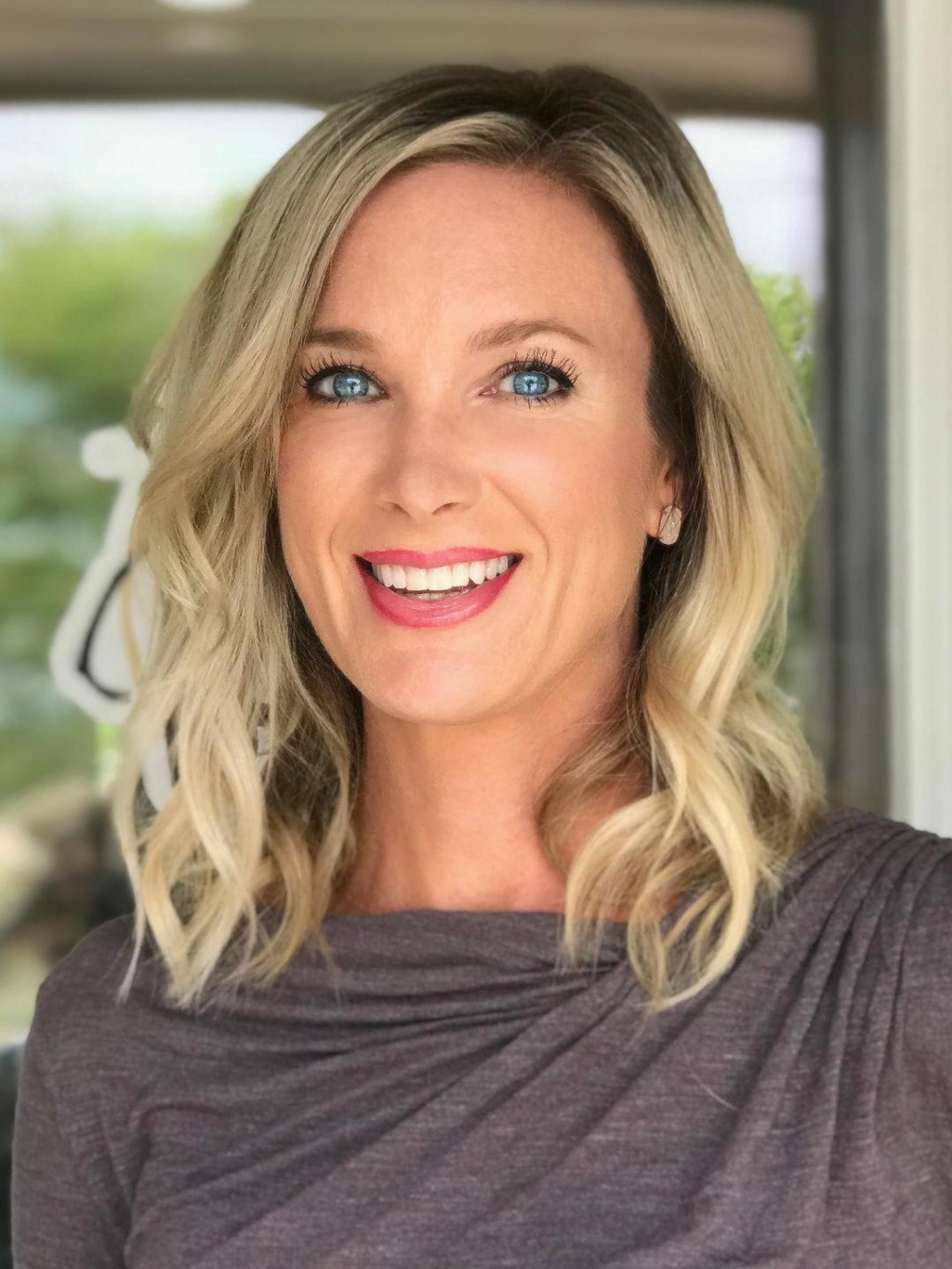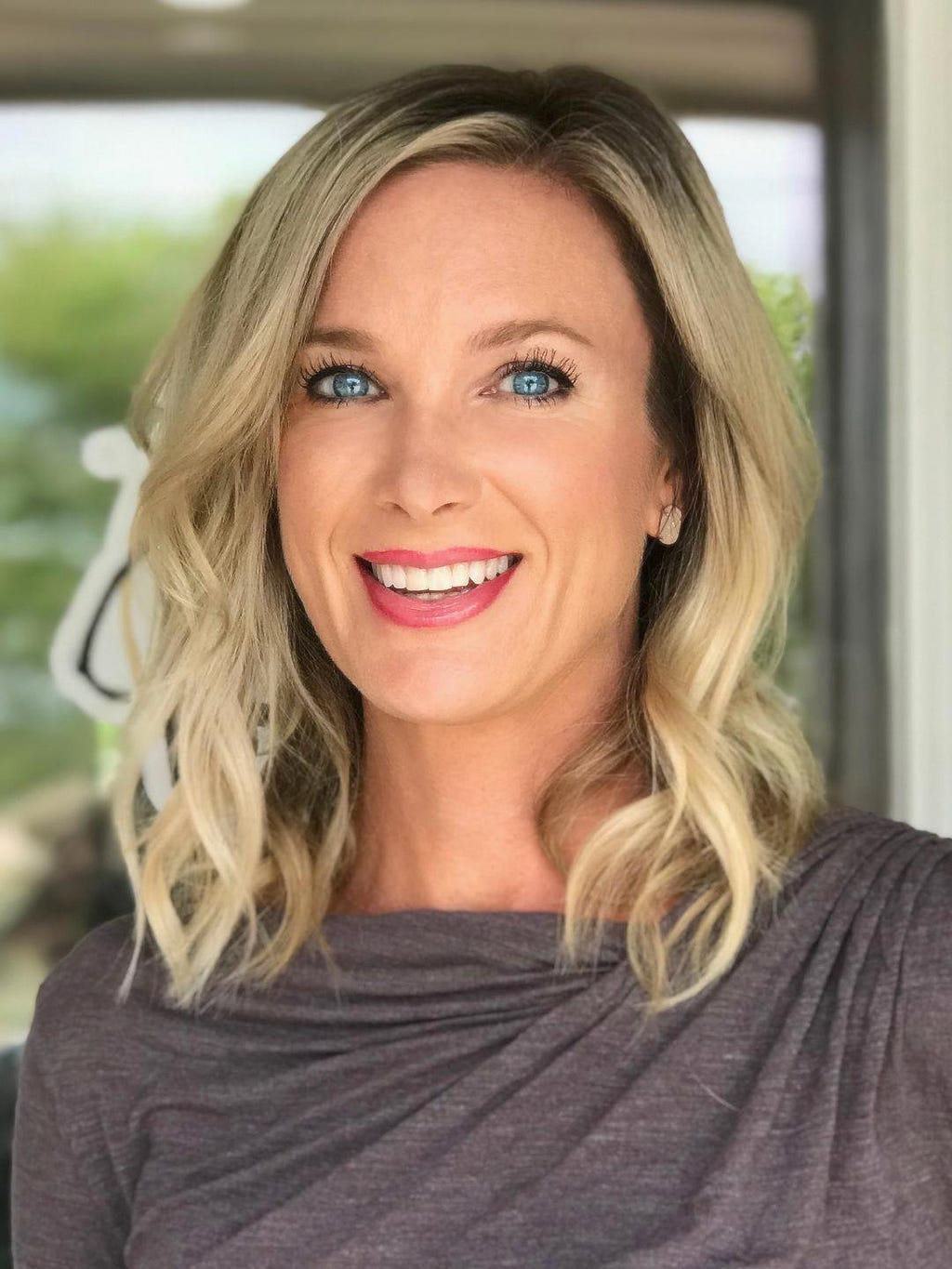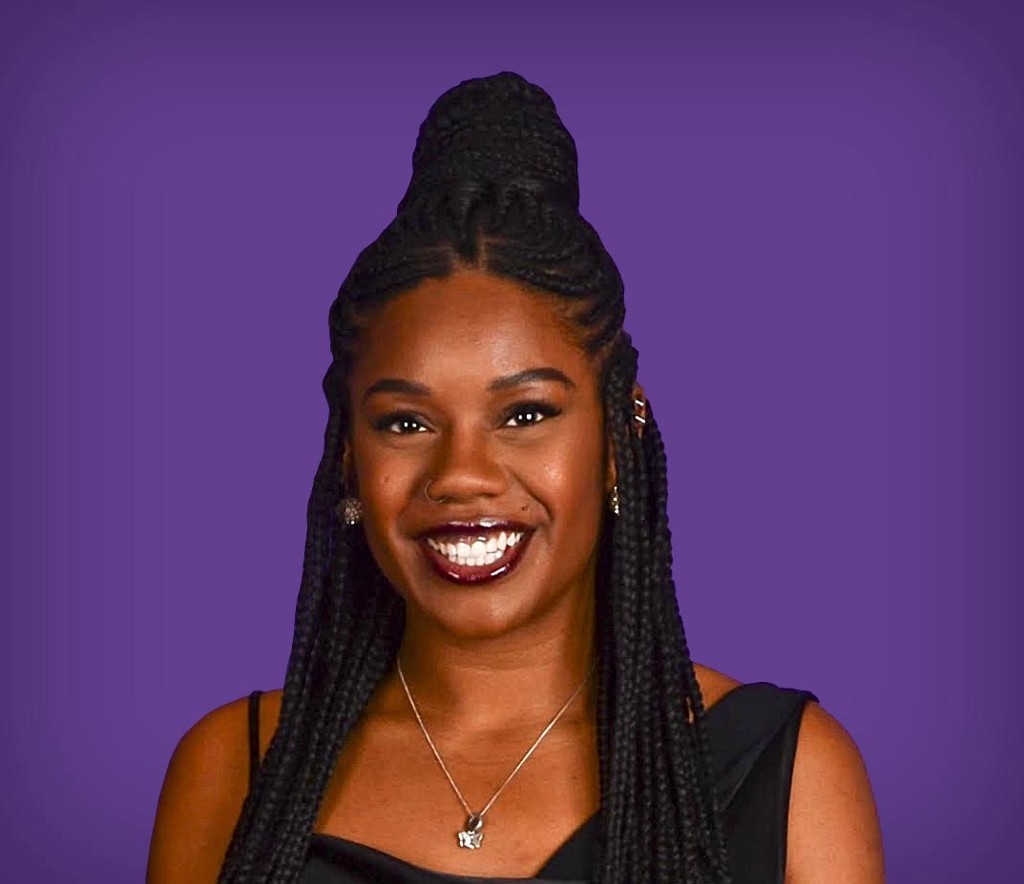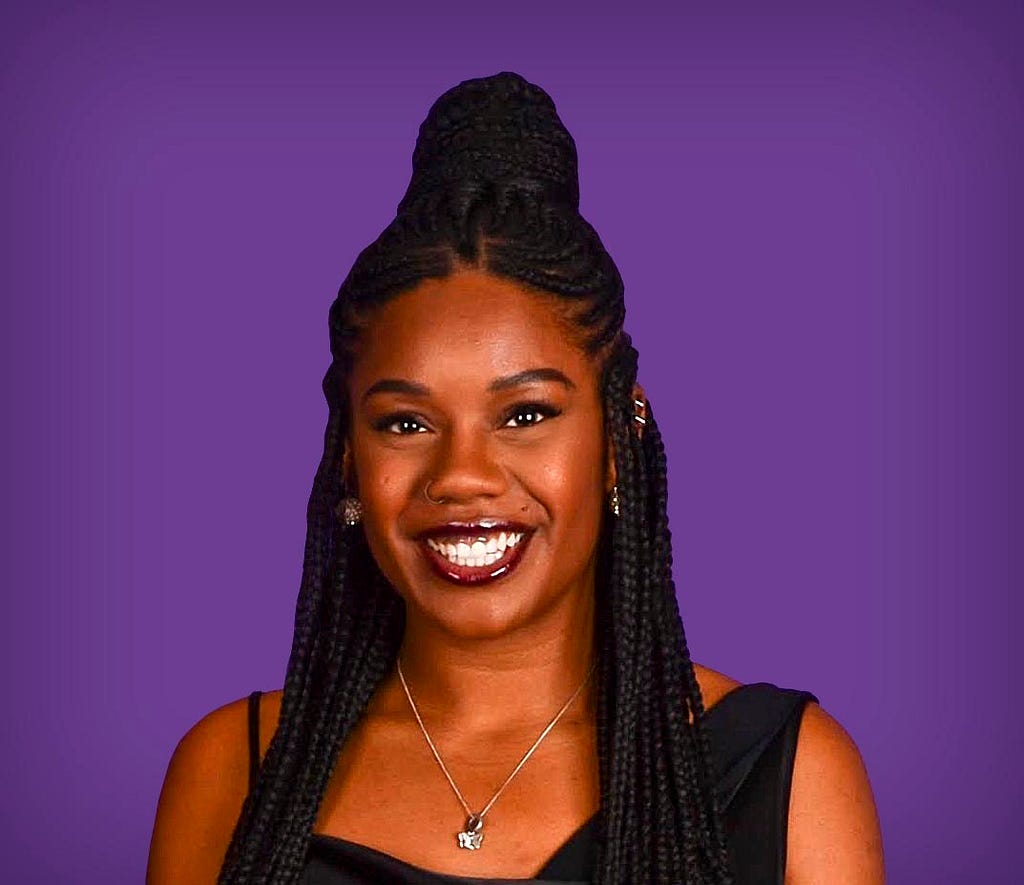Female Founders: Laura Frederick of ‘How to Contract’ On The Five Things You Need To Thrive and Succeed as a Woman Founder
An Interview With Candice Georgiadis
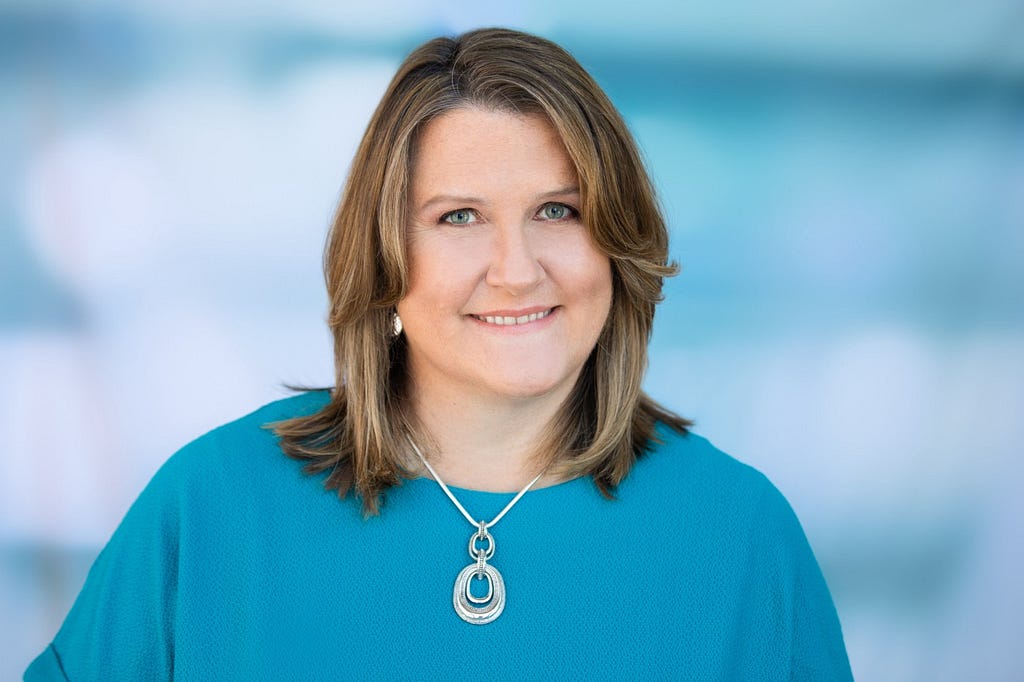
“Set aside time for yourself.” I think it’s the easiest thing to lose when you start a business. Everything, especially in the beginning, “relies” on you. We get a mindset that we have to be 24/7 in our business to make it grow. And it’s hard not to do that because you see all the things that need to be done and you want your business to be a success. But I think creating a space in your life to balance is definitely one of the most important things you can do. To schedule that time is essential.
As a part of our series about “Why We Need More Women Founders”, I had the pleasure of interviewing Laura Frederick, President and Founder at the digital contract training hub How to Contract with over 300 members globally. A former Tesla and Morrison & Foerster lawyer with over 25 years of experience, Laura is known for bringing real-world contract training to lawyers and professionals in the US and beyond. She is a LinkedIn influencer famous for her daily contracting tips and funny self-made trademark cartoons. Laura is also the author of the Amazon best-seller “Practical Tips on How to Contract: Techniques and Tactics from an Ex-BigLaw and Ex-Tesla Commercial Contracts Lawyer” that has sold over 3,000 copies and the creator of the How to Contract Conference, the first-of-its-kind annual conference on contracts. The first edition of the event attracted roughly 400 attendees from several countries in January 2022.
Thank you so much for doing this with us! Before we dig in, our readers would like to get to know you a bit more. Can you tell us a bit about your “backstory”? What led you to this particular career path?
Sure! I’ve been an attorney for about 26 years. During my early career, I was always looking for information about how to work on contracts — what to draft, how to negotiate the provisions. I didn’t want to keep bugging the partner who was in charge of me in the law firm or lawyers with whom I was working. And I couldn’t find a source that would provide me with the practical guidance on how to draft and negotiate contracts. There were tons of legal education programs, but they talked at a very high level and gave vague advice. Things like “Draft this carefully thinking of all the issues” and “Research applicable state law and consider it for every provision and concept in your contract.” But nobody said: “When you see this word, change it to this word” and “If your situation is this, do it this way, if your situation is that, do it that way.” Even conferences covered case law in a type of industry and kind of deal — basically, topics within the law — but I couldn’t find one that could teach me the basic stuff relevant to the work I did on contracts every day.
What I really wanted was the answers. Don’t teach me a vague concept — teach me exactly what I need to do with the contract I’m working on right now. Teach me the job skills for the job I have. It’s one of the challenges of the legal industry that we don’t really approach our jobs from a job skills perspective. We approach it from a knowledge perspective — from having lots of vague and high-level information about the subject. The working theory is that if you know a lot about the law and the subject, you’ll know how to draft and negotiate that subject. But it doesn’t work that way.
This challenge of finding training to help me learn contracts became even worse as I became more experienced. It got even harder for me to find sophisticated training on what I do every day. So I learned mostly from personal experience and research on my own.
Then I reached a point in 2020, after twelve years at law firms (including almost two in my own) and fourteen years in-house, that I wanted to give back. I wanted to capture and share all those contract job skills that I had learned over my 25 years. I could help other lawyers who didn’t get the kind of training I had to learn how to do what I knew how to do.
It led me to create the training platform called How to Contract. A lot of other contract experts talk about how to draft things clearly or teach highly niche issues like blockchain, social media issues, or privacy. But the goal of my platform is to share real-world job skills for how lawyers or professionals draft and negotiate contracts.
Can you share the most interesting story that happened to you since you began leading your company?
One of the things that have happened since I started was seeing how my book “Practical Tips on How to Contract: Techniques and Tactics from an Ex-BigLaw and Ex-Tesla Commercial Contracts Lawyer” has been embraced by a lot of law schools and law school professors. For example, a transactional program at the University of Miami Law School that teaches how to draft and negotiate contracts has started to use my book on the curriculum to teach students real-world answers and perspectives about issues relating to contracts. I hear from the professors and adjuncts that it’s been really useful, that students really appreciate it.
Another cool thing is that one of the lawyers who joined my membership eight months ago got hired as an adjunct and now teaches from my book to the students! It was a full circle of How to Contract. He joined the membership to complement his already strong contract drafting and negotiation skills. He is like a lot of my members who already know how to draft and negotiate contracts but want to keep it fresh and talk about the issues. That was such a cool thing to watch!
Can you share a story about the funniest mistake you made when you were first starting? Can you tell us what lesson you learned from that?
I can’t think of a funny one, but I can think of a big one. It is about not hiring a skilled accountant and bookkeeper from the start. I learned the hard way that if I had gotten that advice upfront, it would have saved me a lot more money over time than what I thought I was saving by hiring an inexpensive accounting firm and bookkeeper. I ended up paying so many more taxes than if I had spent the money to hire a solid accountant and bookkeeper. So, that’s the biggest lesson I’ve learned.
None of us are able to achieve success without some help along the way. Is there a particular person who you are grateful towards who helped get you to where you are? Can you share a story about that?
It’s a good question. I’d say it’s Flo Nicolas, Chief Growth and Community Officer at How to Contract and host at the educational video series Contract Tech Showcase. I met Flo when she started commenting on my daily posts on LinkedIn. From the beginning, she showed so much interest, generosity, and support. It felt like I had a cheerleader in my community just ready to jump up and down and cheer me on with everything I did. I just felt that everything was better and more fun when Flo was involved.
Flo was one of the founding members of the How to Contract Network. As time progressed and she was looking for a new role, I suggested joining How to Contract as the Chief Growth and Community Officer. It’s been wonderful! She has continued to provide that support, enthusiasm, and energy to make everything better. It’s been a fantastic, healthy, and positive relationship!
Ok, thank you for that. Let’s now jump to the primary focus of our interview. According to this EY report, only about 20 percent of funded companies have women founders. This reflects great historical progress, but it also shows that more work still has to be done to empower women to create companies. In your opinion and experience what is currently holding back women from founding companies?
I think it’s fear. Women feel a lot of responsibility for taking care of their family and community. They don’t have the energy to take that leap into starting their own business because in their eyes it’s too risky. Look at my story. I’m a single mom with four teenagers. Everybody was very shocked that I would leave Tesla and go into business for myself.
I think the lack of women founders also reflects society’s message that you need a salaried job to be financially secure. What many women may not realize, and what I learned, is that there is a lot more potential for financial security with owning your own business than with having a salaried job.
I also believe it is because women tend to not apply for jobs unless they feel they have all the skills required. When a job lists ten things you need to know how to do, the studies have found that most men will apply even if they just know a couple. In contrast, women would say: “Oh, there’s two of those I don’t know how to do, I better not apply.” I think women feel more comfortable taking on a role when they 100% know how to do everything already. I think that hesitation translates into being more reluctant to opening their own business. Because when you open your own business, you have your technical skills — for me, it’s being a lawyer — but you also have to be an accountant, an HR, a graphic designer, a sales person, a marketer, a video person, you name it. I think that would hold back some other women, too, because it’s so overwhelming. Where do you start? How do you figure out how to do these things? And then the fear of failure and letting down their family, not being able to provide that support they want to provide comes to play again.
I believe women let fear drive their behavior more than men do. If we generalize about men and women — not all fall into these patterns — we see that men are able to see the fear and continue regardless, whereas a lot of women see fear and hold back to play it safe. It comes from how we’ve been socialized and the way our rules play out in our family and community. Boys are raised to take risks and dive in, while girls tend to play in more controlled environments without the same kind of reckless abandon.
Can you help articulate a few things that can be done as individuals, as a society, or by the government, to help overcome those obstacles?
One of the ways our society can help women entrepreneurs is to continue to share their journeys — just like Authority Magazine’s series about female founders or Cheryl Robinson’s Forbes column highlighting women. Because we need to show those who are just starting out how to get from point A to point B, how to go from starting a business to being a successful business, what the steps along the way are. Because we see successful business owners and it just feels like they just knew how to do it. Whereas, in fact, they stumbled, fell, took wrong turns, had disaster after disaster.
So, as a society, if we continue to focus on the journeys of entrepreneurs, particularly, female entrepreneurs, tell their stories, shed the light on their experiences, and the challenges they face and how they overcame those, and how they manage to get comfortable with the risk and the challenges of being an owner, I think that will go a long way.
I also love mentorship programs for people who want to open their own businesses. It’s one of the things I want to focus on in the next phase of my business. The thing is that I’ve been successfully creating this business (that started as a side hustle about ten months ago), I’ve got a book and a conference, I’ve got all these things, — and there are a lot of people coming behind me who don’t have this now but want to have it in the future. I’d love to set up a series of workshops where I could train people on everything I went through, all my mistakes, and teach people how to do what I’ve done. I had to figure almost everything out on my own. I didn’t have anybody to show me how to do this stuff. And I’d love to be able to help people and save them some of that training.
Another thing is to provide financial support and infrastructure. As female founders, we are extremely busy. A lot of us are like me. I have my business, but I also have my family and other commitments. All of this makes it hard to organize a lot of workshops for female founders even if I want to. So, it would be great for society if bigger players whose role is helping women businesses get started continued providing money and platforms for female founders to help other female founders.
To sum up, I’d say we need to provide more training, more storytelling about women founders, more mentorship programs where women founders get to learn from other women founders about how they do this, and more financial support.
This might be intuitive to you as a woman founder but I think it will be helpful to spell this out. Can you share a few reasons why more women should become founders?
Because it offers what a lot of us need, which is freedom and flexibility. I think, as women, we have an interest in creating our own story and a path that fits us. Where I grew up in the 1970s and 1980s, most of the women in my world grew up to be nurses, teachers, and other roles like that. We’ve come a long way from there when we were being steered in that direction. Now, most women want to develop that flexibility and freedom to create our work-life balance in the way that we want. It’s not just “get promoted and make money.” A lot of women want a more balanced life. I found having my own business gives me that balance because now I’m in charge of deciding what I do, when I do it, and who I do it with. I can build and do the work I love as opposed to having to work with people that I don’t particularly want to.
The other great reason to be a founder and create your own company is to empower you to live as your authentic self and be true to who you are. In my 24 years of working for other people, I spent a huge amount of time worrying about what people thought of me: “My boss might not like it if I do this” or “I hope that irritated coworker whom I couldn’t help doesn’t interfere with my project” or “My boss’s boss may not be happy if I post publicly on social media or speak at industry events.” And there’s a reason we worry like that. We have to spend a lot of time trying to please influential people in our organization above us because they decide whether we get fired or we stay, whether we get a promotion or not. So we have to invest time in pleasing these people. And often we don’t know what they want. We are just trying to please what we think they want.
When I went off on my own, I didn’t have to do that anymore. I got to just be myself. Especially, over the last year, I felt so much more comfortable and so much less paranoid and worried. I didn’t answer to anybody. I could live the life that I wanted, say the things I wanted, and build the business I wanted. I could be silly and playful. I could use words like “awesome” and “cool.” I could be me without worrying that some higher up disapproved.
I think that taking off that layer of trying to please other people has the potential to unleash the greatness that I know is inside all of us. We can really give back to the world with our gifts and help other people and do more because we are no longer going to be held down by our own self-talk and self-doubt and trying to be somebody that we think we are supposed to be.
What are the “myths” that you would like to dispel about being a founder? Can you explain what you mean?
I think I’d like to dispel the myth that it’s a huge financial risk to launch your own business.
It definitely takes time to build your finances and customer base and all that. But what I found, and what I think a lot of female founders have also found, is that by creating our own business we actually have significantly improved our financial standing and reduced our financial risk.
As an employee, you are incredibly exposed. At any moment your boss or your company decides to lay you off without notice. And then you suddenly have no paycheck. In the US, you may even lose your health insurance. And you are just stuck. You have to go out and find something, which takes a while, leaving you and your family at risk of unexpected loss of all your income and financial security. This is especially true for single parents like me.
But it is so different if you create your own business and start to have multiple income streams and clients. Now one client or income stream going away doesn’t change a lot. I’m still successful. I still have an income.
It’s such a great path. Especially for people who are willing to work hard. And most of the women I know are incredibly hard-working. They will get the job done. They will do what needs to be done. So, you play out those skills, but now for your own benefit instead of some other company.
Is everyone cut out to be a founder? In your opinion, which specific traits increase the likelihood that a person will be a successful founder and what type of person should perhaps seek a “regular job” as an employee? Can you explain what you mean?
I think it’s a great question. I don’t think that everybody is built to be a founder.
Number one thing you need is self-motivation and the ability to do the work even when it’s not easy. If somebody is looking for a job to show up at 9 am, have someone give them a list of ten things to do today, and then to go home at 5 pm, and they don’t want to think about it otherwise and they don’t want to figure out what to do, those folks are better off with the job. And it’s not to say that it’s a bad thing.
Also, if that’s where you are now, it doesn’t mean you always will be. I had periods in my life when I was so busy dealing with my kids and other personal crises that I would not have made a good founder. I did not have the emotional or mental bandwidth to climb the mountain, to take on building a business. But it doesn’t mean you won’t later. I found that mental resilience and made it work in a way that would not have worked five or six years earlier.
I think the other essential is the ability to be open-minded about learning new skills. Because one of the things you have to do as a founder is to wear a lot of hats. You are going to have to organize your financial things, hire and manage people, do sales and marketing. You can hire people to do all those things but unless you understand them, unless you have a strategy for those roles, it’s not going to be a success. You need to understand all these different parts of the business, and I think there are people who have no interest in that. You have to want to do more than a technical skill. You have to be interested in learning new tasks and being comfortable swimming in all the lanes instead of just swimming in your lane. If you only want to swim in your lane and never leave it, you are probably not a good person to start a business.
There are also mindset issues coming into play. If I look at myself and point to the number one big difference between not being ready to be a founder before and then being ready to be a founder, I’d say it was going to therapy. Therapy made me stronger and gave me more clarity about what I want. It helped me learn how to understand myself, others, and that it was ok to put myself first and pursue my dreams. I think a lot of women tend to put other people first. But when you go through therapy, we learn to prioritize our own needs. We learn how to harness our own energy to achieve the life we want. I learned how to approach the world in a much healthier way. I think developing the strength that therapy provides is a GREAT way to get to a place where you are ready to launch and build a business successfully.
Ok super. Here is the main question of our interview. What are your “5 Things I Wish Someone Told Me Before I Started” and why? (Please share a story or example for each.)
The number one thing that I wish someone had told me is “It is going to be the best thing you ever did.” I didn’t know that. I kind of wanted to build a business. I knew I wanted more flexibility. But I didn’t necessarily realize how absolutely and utterly amazing it is to work for yourself, to create income for yourself, to create income for other people. It is so empowering and satisfying! It brings so much joy to be able to do that.
When I was starting out, I didn’t think of that part of that. I just thought: “Oh, I’ll launch a business. Won’t that be great?” But I didn’t realize how much bigger and stronger I would feel by having done this compared to how I felt before. Not that I was a little person before, but I felt a lot smaller than I do now. I think people who knew me before and know me now see it as well — my light shines so much brighter now.
Number two is “Find people whom you can trust.” When you are in a company, those people are supplied to you. You are an employee at a company, you have people in place to support your goals — finance, accounting, sales, marketing. But when you are in charge of the business, you are the one finding and managing all the functions. Finding the right people who are on your team — whether it’s employees or contractors — I think is another critical part.
Number three is “Be flexible and iterate.” Staying flexible about what the product is and what people want is critical. You may open your business thinking your product is A, and then as you start offering A, you see there’s not that much demand, but people are talking about B and that it would be cool if you had B. I would encourage new founders to pay attention to that and be ready to move quickly to B if that’s where the customers are. Make sure that you have flexibility in your mindset about your business, about what you do and how you do it, so that you could be nimble in response to the market.
Number four is “Set aside time for yourself.” I think it’s the easiest thing to lose when you start a business. Everything, especially in the beginning, “relies” on you. We get a mindset that we have to be 24/7 in our business to make it grow. And it’s hard not to do that because you see all the things that need to be done and you want your business to be a success. But I think creating a space in your life to balance is definitely one of the most important things you can do. To schedule that time is essential.
Number five is “Hire a good accountant.” You probably remember this story from one of the previous questions.
How have you used your success to make the world a better place?
My mission for this business is to help lawyers and professionals to gain confidence and job skills of how to draft and negotiate contracts. There are several dimensions to it: my daily contracting tips posted on LinkedIn, the How to Contract learning hub, my book, and the How to Contract conference about contract drafting and negotiation (more to come).
I can see the effects of my business all the time. I have people who write to tell me: “I didn’t apply for this job in the past. But I’ve learned so much from you that now I’m applying for it” or “I just got hired in this great new role that I got because of skills I learned from you.”
I also get messages from people around the world who tell me about how much they look forward to my content each day. Some look forward to the contract drafting and negotiation tips and learning about contracts. Others like my daily cartoons — they make them smile or even laugh — and it’s a nice way to start the day. I love that I give a few moments of humor and learning to start their day.
It feels like I can make a big impact with some people who take my courses at How to Contract, attend the conference and really dive into my training. But then I also help people who aren’t my customers and are just out there in the world — through teaching better job skills or through a smile each morning.
You are a person of great influence. If you could inspire a movement that would bring the most amount of good for the greatest number of people, what would that be? You never know what your idea can trigger.
I think it would be to encourage professional women to get therapy earlier and more often. I think doing so would make a huge difference to so many. It would teach them to put themselves first, take time away from their family and work, and invest in themselves. Helping them become the best themselves they can be.
Because therapy doesn’t change who you are. It just helps you see how much power you have inside you. It shows you that you are stopped by self-limiting beliefs and negative self-talk. Women are going to be limited as long as they continue to listen to those inner voices that tell them they can’t or that they are second best. Empowering women to overcome those voices is going to have a huge impact on the world. Because powerful, confident, and strong women help their families, businesses, and clients.
I can’t think of anything that would do more collective good for women in the world than more therapy. We are so powerful individually and collectively when we believe in ourselves and stop holding ourselves back from our potential because of our self-doubts.
We are very blessed that some very prominent names in business, venture capital funding, sports, and entertainment read this column. Is there a person in the world, or in the U.S. with whom you would love to have a private breakfast or lunch with, and why? He or she might just see this if we tag them.
I’d say, Michelle Obama. Michelle embodies what a lot of women lawyers want to be regardless of our political party. I love how she manages to balance her own personal achievements with her family’s. I love her elegance and the way she takes the high road on things. She inspires me with how she approaches conversations with people, how she talks about the world, how she engages with the world. One of her famous slogans is “When they go low, we go high” which says about not getting in the mud fighting with people about stupid things. I find her the most inspiring woman in the world today.
Thank you for these fantastic insights. We greatly appreciate the time you spent on this.
Female Founders: Laura Frederick of ‘How to Contract’ On The Five Things You Need To Thrive and… was originally published in Authority Magazine on Medium, where people are continuing the conversation by highlighting and responding to this story.


